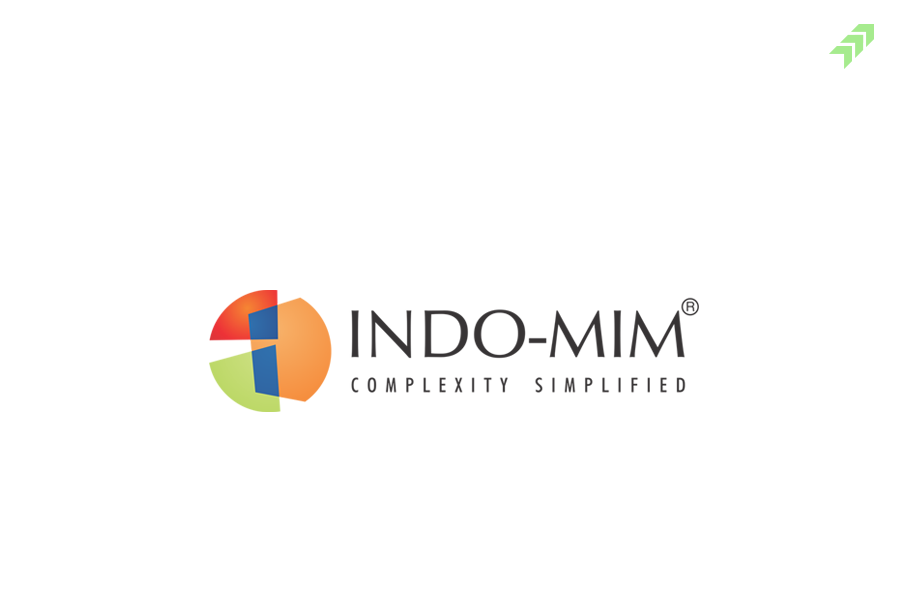ISIN
The International Organization for Standardization (ISO) developed the ISIN for the purpose of numbering specific securities. The corresponding National Numbering Agency in the respective country manages the ISIN number. An ISIN code typically consists of 12 alphanumeric characters. The first two are assigned by the country of origin and the issuing company’s headquarters, respectively. The 9 characters between the first and last are used to uniquely identify the security. The last digit serves as a check digit to prevent errors and ensure the code’s authenticity.
IOC (Immediate or Cancel Order)
An Immediate-Or-Cancel order is an order to buy or sell a particular stock/security immediately. A trader put an IOC order if he/she has a large number of stocks to trade or there is too much volatility in the market.
Increases money supply
According to famous American economist “Inflation is always and everywhere a monetary phenomenon in the sense that it is and can be produced only by a more rapid increase in the quantity of money than in output.” The total amount of money in circulation, which includes cash, coins, bank accounts, is defined as increased money supply. Inflation may occur if the money supply grows faster than the economy’s ability to produce goods and services.
Index funds
Index funds are funds that are designed to replicate the performance of a specific market index. The securities in the fund, as well as their weight age, are identical to those in the underlying index. Index funds are funds that mimic the performance of a market index. The securities and weight age of the securities in the fund are identical to those in the underlying index. Because the fund is passively managed, the fund manager must make changes on a regular basis to keep the fund in line with the targeted index. The portfolio manager is not required to rebalance the portfolio in response to market conditions
International funds
An investor can invest in international securities/portfolios through international funds. These funds offer the investor benefits such as diversification, investments in products that may not be available in the domestic market, and selection of companies that are best in their class. There are numerous challenges to investing in international funds like tax policies, limited investment areas due to restriction in target country, forex movement that could result in losses, and so on.
IPO
A process of taking a private company public that has a handful of shareholders by listing it on the stock exchange and offering its equity shares to investors in the primary market. A process used in IPO helps inefficient price discovery of the securities. The issuer provides a price band within which investors may bid, and the final price is determined by the issuer only after the bidding process has concluded. Prospective buyers are given information about the proposed offering in the form of a lengthy document known as a prospectus.
Interval Funds
Interval funds are a hybrid of open-ended and closed-ended funds. The unit of these funds can be purchased and/or redeemed at only a specific period as declared by the fund house. Unlike the close-ended funds unit, interval fund units do not trade on the secondary market and are highly illiquid. Instead, the fund periodically repurchases units at a price based on net asset value. Thanks to a largely illiquid structure, which allows fund managers to invest without the pressure of ongoing redemptions, interval funds tend to provide higher returns than open-ended funds.
Inflation
Inflation is the increase in the overall cost of goods and services in an economy. As the price level starts to rise, each unit of money purchases fewer goods and services. Inflation thus corresponds to a decrease in the purchasing power of money. Inflation acts as a hidden tax on citizens’ pockets. The significance of inflation can be seen in the fact that most major central banks’ mandates are to maintain price stability by controlling price inflation.
Indexation
Because all income in India is taxed, you risk losing a significant portion of your gains by paying taxes on such income. Indexation is a method of adjusting an investment’s purchase price to reflect the effect of inflation. Indexation adjusts the price of an asset to reduce your overall tax liability. It helps you save and prevent you from draining your returns in the form of taxes. Indexation is applicable on long-term investments, which include debt fund and other asset classes.
Open FREE Demat Account in less than 10 minutes
20
Get Instant Pledge Benefits* + Zero Delivery Brokerage* to maximize your returns
10
Per order only (No hidden charges)


















